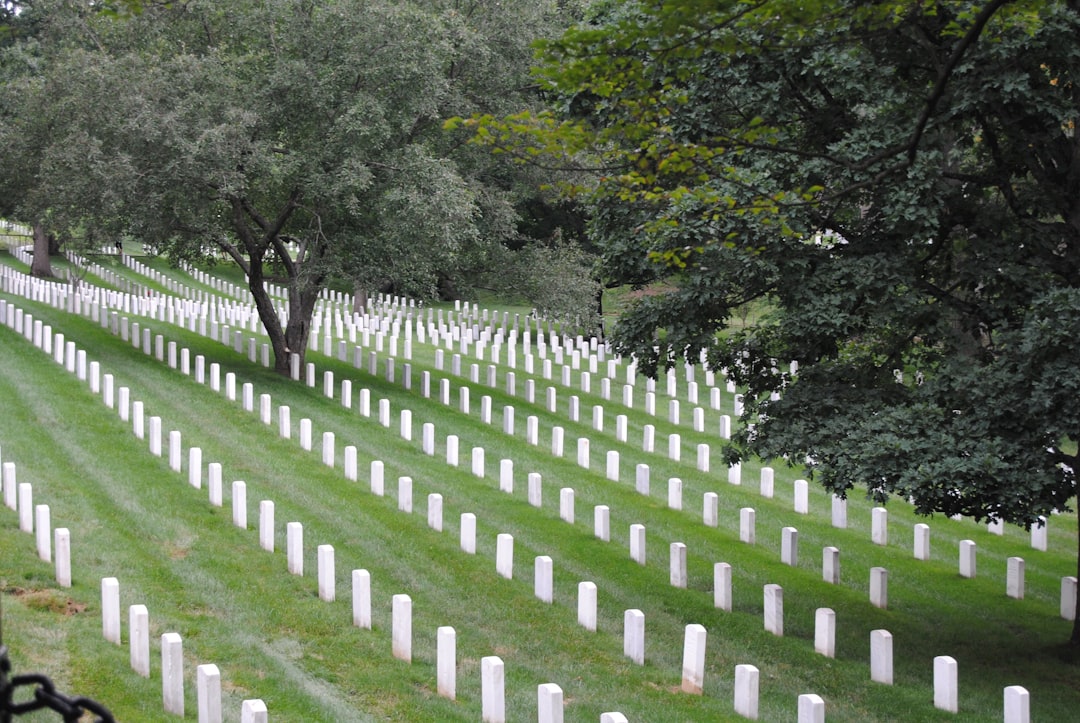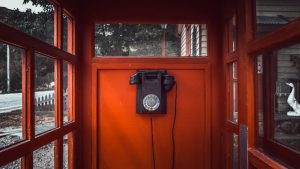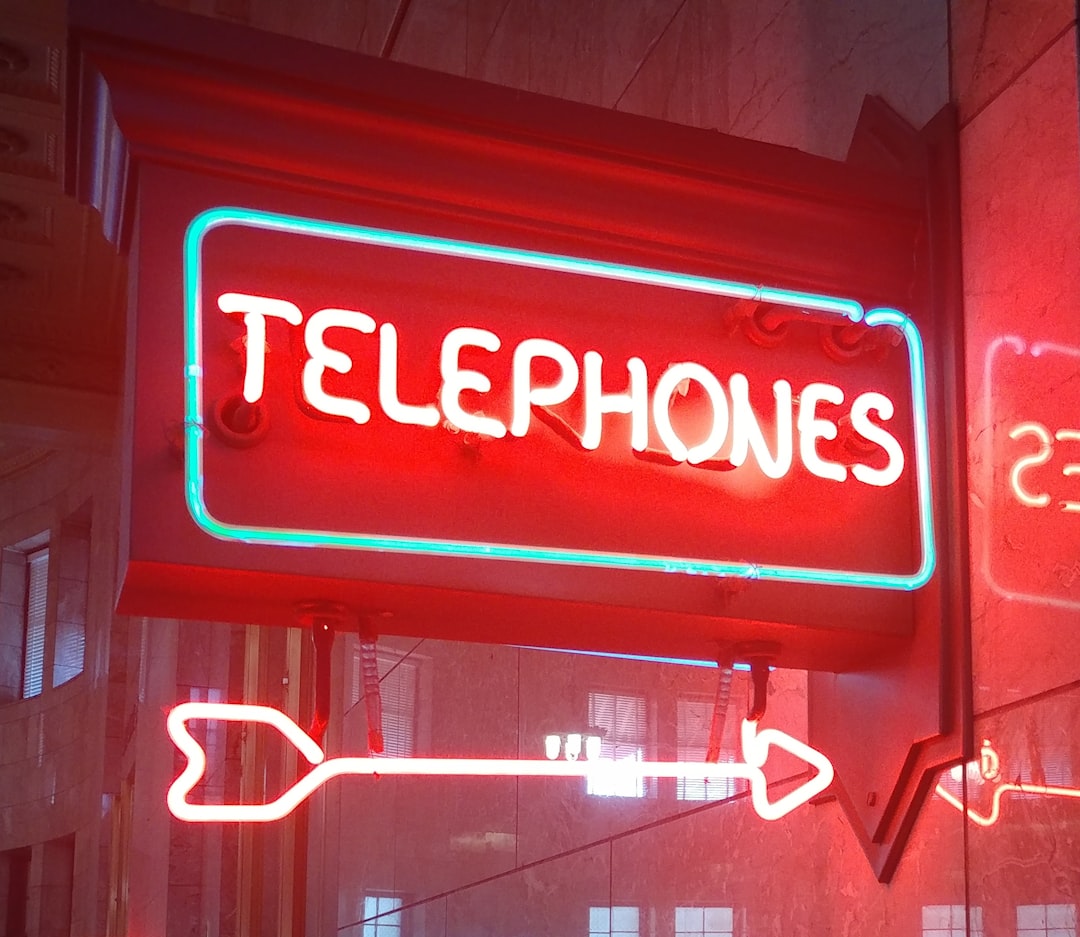Facing unwanted phone calls in Virginia? Understanding your rights and legal options, especially concerning the 'Do Not Call' registry, is vital. While telemarketing has evolved since its early 20th-century beginnings, strict laws like Virginia's regulations, often enforced with help from a specialized lawyer for Do not call Virginia, protect consumers from harassment. Exploring historical contexts, such as Hollywood Cemetery Tours in Richmond, offers unique insights into the state's telemarketing past and the legal framework that developed to combat it.
Discover Richmond’s hidden gem, Hollywood Cemetery, where a silent tapestry of history unfolds. This historic burial ground offers unique tours that delve into the lives of notable figures, including those linked to the early days of telemarketing. Explore how these tours bridge the past and present by connecting Virginia’s telecommunications history with current legal insights, especially regarding the Do Not Call list regulations. Uncover stories behind headstones and learn why this cemetery tour is a must-experience for history buffs and legal professionals alike.
Richmond's Historic Hollywood Cemetery: A Silent Witness to the Past

Uncovering the Stories Behind the Headstones: A Tour Guide's Perspective

The Evolution of Telemarketing: From Early Practices to Modern Regulations

The Evolution of Telemarketing: From Early Practices to Modern Regulations
Telemarketing, a sales and marketing strategy that has become an integral part of modern commerce, has evolved significantly over time. Its roots can be traced back to the early 20th century when businesses began using telephones for direct sales purposes. Initially, these practices were relatively unsophisticated, often involving live operators manually dialing numbers from a book. As telephone technology advanced, so did telemarketing techniques. The introduction of automated dialers in the 1970s marked a turning point, enabling businesses to reach a larger audience more efficiently. However, this rapid growth sparked concerns about consumer privacy and harassment, leading to the implementation of regulations such as the Do Not Call Registry in the United States.
Today, telemarketing is subject to strict legal frameworks, particularly in Virginia, where a lawyer for Do Not Call laws can provide guidance on compliance. Modern telemarketers must navigate a web of rules that protect consumers from unwanted calls while ensuring ethical business practices. Advances in technology have further complicated the landscape, with the rise of automated voice response systems and text messaging adding new dimensions to telemarketing strategies. Despite these challenges, businesses continue to utilize telemarketing as a powerful tool, demonstrating its enduring relevance in the ever-changing digital landscape.
How Hollywood Cemetery Tours Connect Virginia's Telemarketing History and Legal Insights

Hollywood Cemetery Tours in Richmond offer a unique blend of history and legal insights, particularly when it comes to Virginia’s telemarketing past. The cemetery, with its rich heritage, serves as a final resting place for many notable figures, including those involved in the early days of tele-marketing. Exploring these tours provides an opportunity to understand how businesses operated within the constraints of the Do Not Call law in Virginia, which was established to protect residents from unwanted sales calls.
Guides often share stories about the challenges and successes of telemarketing entrepreneurs, shedding light on the legal framework that shaped this industry. By delving into these narratives, visitors gain a deeper understanding of how laws evolved to address privacy concerns, ensuring that Virginia residents have control over their contact information. These tours thus serve as a bridge between historical perspectives and modern legal practices, especially for those seeking guidance from a lawyer for Do Not Call Virginia regulations.






